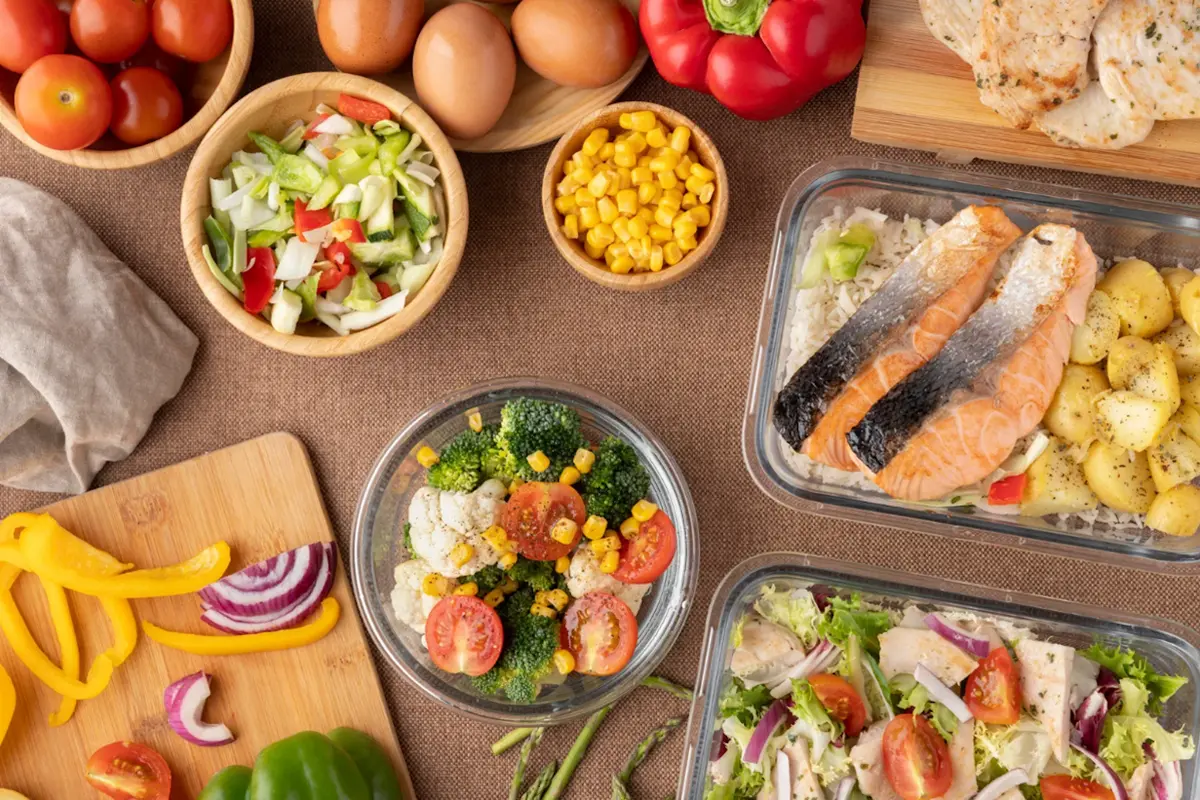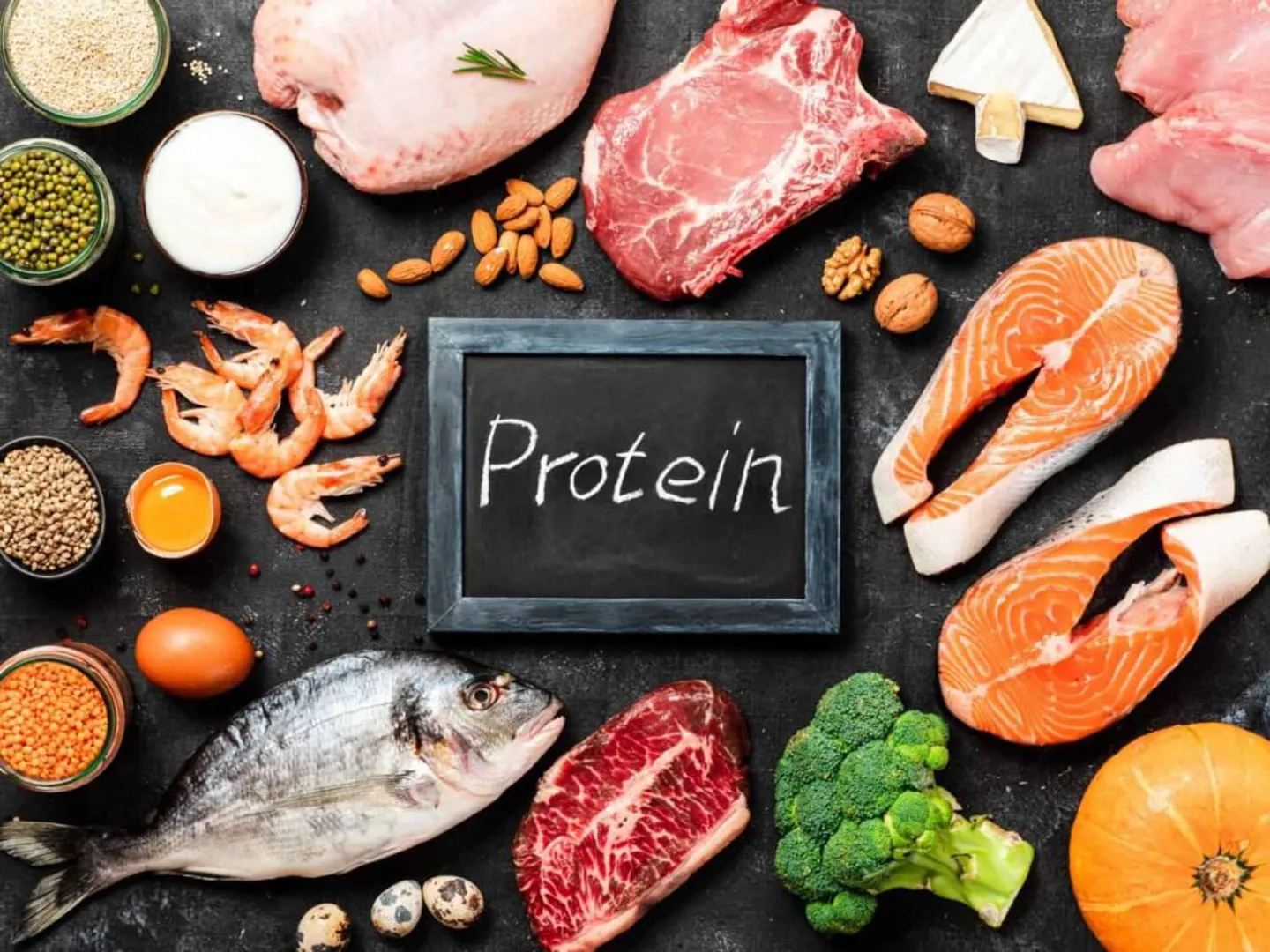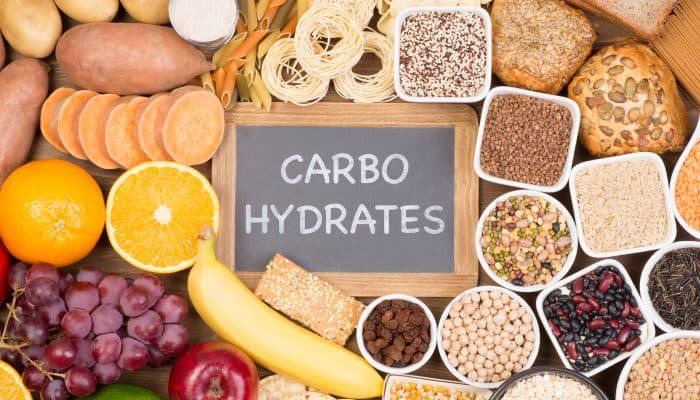
Nutrition for Powerlifting: Fueling Your Strength and Recovery
Just as crucial as your training regimen is your nutrition plan. Powerlifting nutrition goes beyond simply eating enough; it's about strategically fueling your body to maximize strength gains, support recovery, and maintain overall health. This guide will cover the fundamental aspects of a diet for powerlifters to help you lift heavier and recover faster.

The Importance of Proper Nutrition
A well-planned strength training diet provides the energy needed for intense workouts, the building blocks for muscle repair and growth, and the essential nutrients for optimal bodily function. Neglecting your nutrition can significantly hinder your progress and increase the risk of injury.
Key Macronutrients for Powerlifters
-
Protein: Protein for powerlifting is paramount for muscle repair and growth. Aim for approximately 0.8-1 gram of protein per pound of bodyweight per day, sourced from lean meats, poultry, fish, eggs, dairy, and plant-based options.

-
Carbohydrates: Carbs are your primary source of energy for intense training. Focus on complex carbohydrates like whole grains, rice, oats, potatoes, and vegetables to provide sustained energy levels.

-
Fats: Healthy fats are essential for hormone production, nutrient absorption, and overall health. Include sources like avocados, nuts, seeds, olive oil, and fatty fish in your diet.
Micronutrients: The Unsung Heroes
Vitamins and minerals play vital roles in numerous bodily functions, including energy production and muscle contraction. Ensure you're getting a wide range of micronutrients through a balanced diet rich in fruits and vegetables.
(Supplements for Powerlifting (Consider with Caution)
-
Creatine: "Creatine powerlifting is one of the most well-researched and effective supplements for increasing strength and power output.Learn more creatine
-
Beta-Alanine: May help to buffer muscle fatigue, potentially improving performance in higher-rep sets.
-
Caffeine: A common pre-workout stimulant that can enhance focus and reduce perceived exertion.
Meal Timing and Hydration
While total daily intake is most important, strategic meal timing around your workouts can be beneficial. Consuming a meal with carbohydrates and protein before and after training can help fuel your workout and aid in recovery. Staying adequately hydrated is also crucial for performance and overall health.
Sample Daily Meal Plan (General Guidelines)
- Breakfast: Oatmeal with protein powder and berries.
- Lunch: Grilled chicken or fish with brown rice and vegetables.
- Dinner: Lean beef or tofu stir-fry with quinoa and mixed greens.
- Snacks: Greek yogurt, nuts, fruit, protein shake.
Conclusion
Optimizing your nutrition for powerlifting is a game-changer for your strength and recovery. Focus on consuming adequate protein, complex carbohydrates, and healthy fats, along with a variety of micronutrients. Consider evidence-based supplements like creatine, and pay attention to meal timing and hydration. By fueling your body correctly, you'll be well on your way to smashing your personal records and achieving your powerlifting goals.






